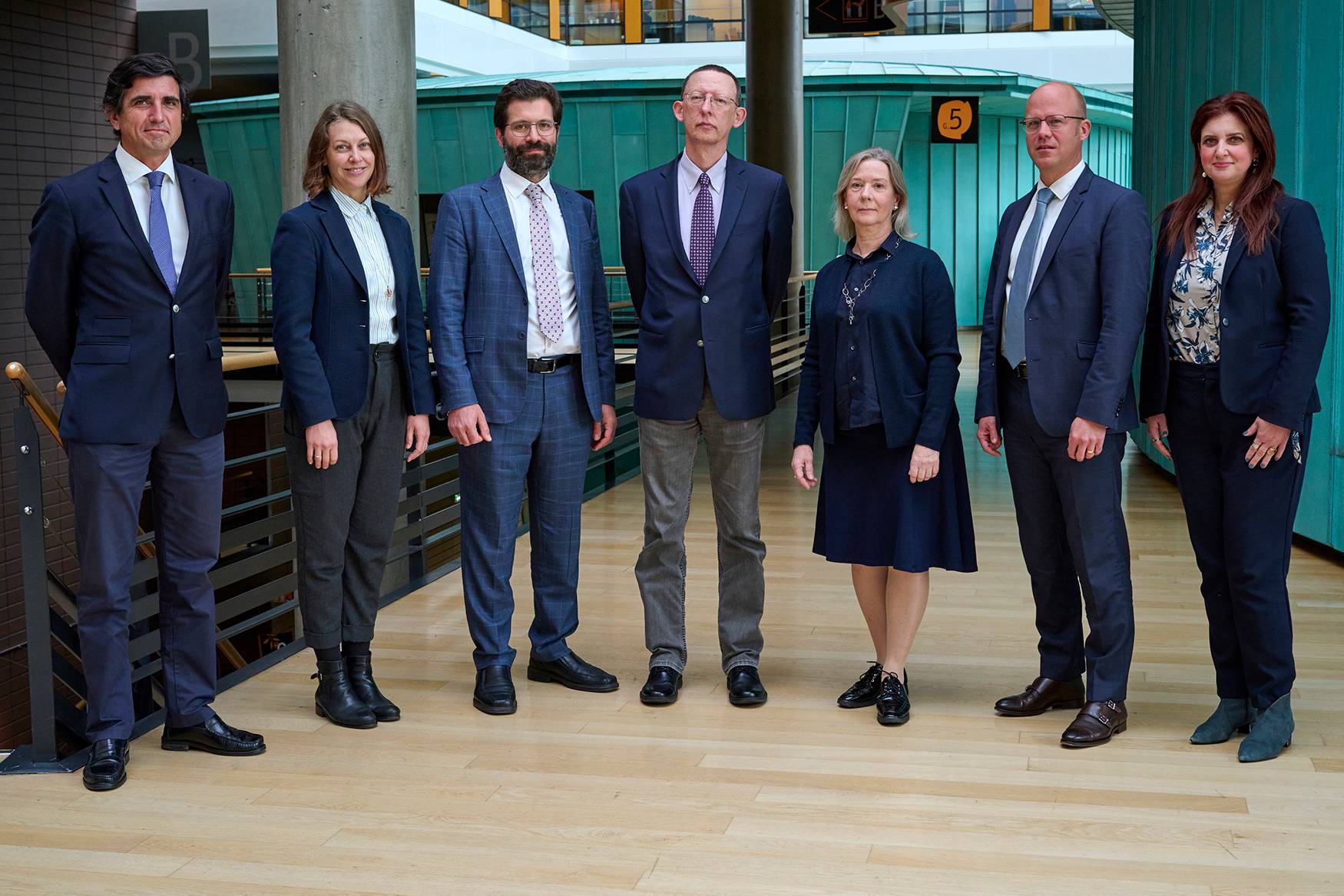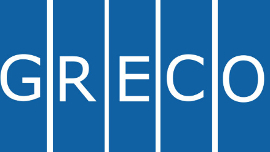The Council of Europe’s Group of States against Corruption (GRECO), in a report published today, calls for determined measures to prevent corruption in Georgia in respect of persons with top executive functions and law enforcement officials.
GRECO recognises that a few positive steps were taken in recent years, including the adoption of the Law on Combatting Corruption, which contains a number of integrity-related rules. Georgia has a fairly comprehensive system for the declaration of assets and financial interests and these declarations are made public online. At the time of the evaluation visit in 2023, Georgia was in the process of establishing new corruption risk management mechanisms and efforts were being made to reinforce internal monitoring mechanisms for law enforcement to notably address the major problem of police ill-treatment.
In its report, GRECO calls for the adoption of a specific strategy to prevent corruption within the executive, as no new national Anti-Corruption Strategy and Action Plan have been developed since 2020. There is no code of conduct that applies specifically to persons with top executive functions and clear guidance on conflicts of interest and other integrity related matters should be developed for them.
The report also notes that integrity checks are missing in the appointment procedure to prevent risks of conflicts of interest in top executive functions. Lobbying regulations are in place, but not enforced in practice. A risk-based approach in the process of selection of declarations of assets and financial interests to be monitored needs to be developed. GRECO also considers that additional measures are required to ensure that the newly established Anti-Corruption Bureau can adequately fulfil its role, including by revising its legal framework to ensure an increased operational independence and by providing it with adequate financial and human resources.
GRECO recommends increasing transparency regarding the nomination of advisers in the Government, applying more stringent rules to gifts and other benefits as well as introducing broadly applicable rules on post-employment restrictions.
In addition, the Georgian authorities should ensure the independence and effectiveness of criminal investigations and prosecutions of persons with top executive functions suspected of having committed corruption-related offences. GRECO also notes that further steps are required to ensure timely access to information and to enhance proactive transparency.
Regarding law enforcement (the Patrol Police, the Central Criminal Police and the Border Police), GRECO recommends that an operational anti-corruption strategy be established, coupled with action plans for the law enforcement agencies. Georgia should also ensure that background checks/vetting are carried out at regular intervals for all levels and more frequently depending on police officers’ exposure to corruption risks and the required security levels.
GRECO further notes the need for mandatory and continuous integrity training for police officers throughout their career, that the Police Code of Ethics requires updating and that a procedure for police officers to seek confidential advice on ethical and integrity issues should be introduced. Finally, whistleblower protection measures need to be adopted and implemented in the police.
The implementation of the recommendations addressed to Georgia will be assessed by GRECO in 2025 through its compliance procedure.
* unofficial translation, as provided by the authorities of Georgia









